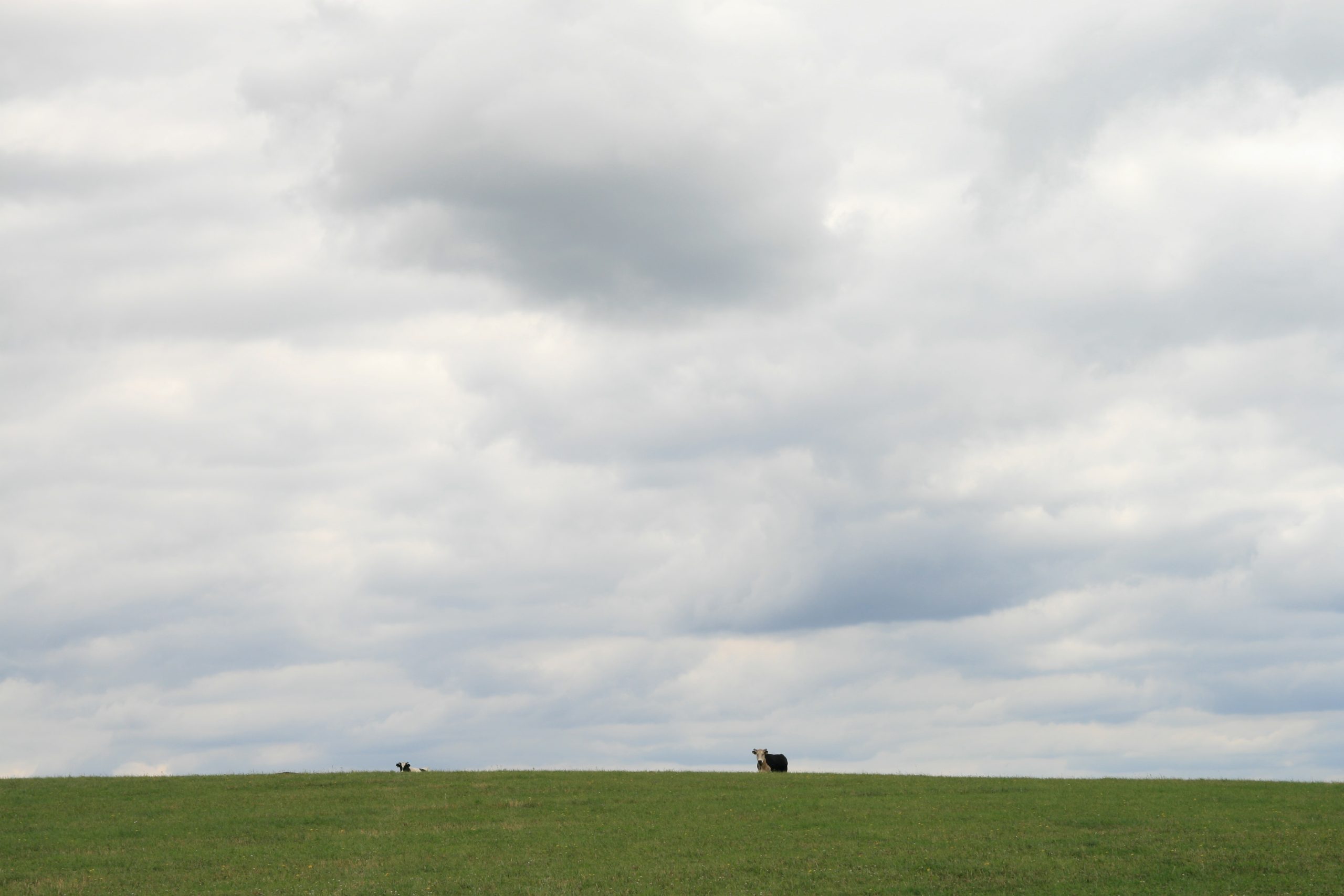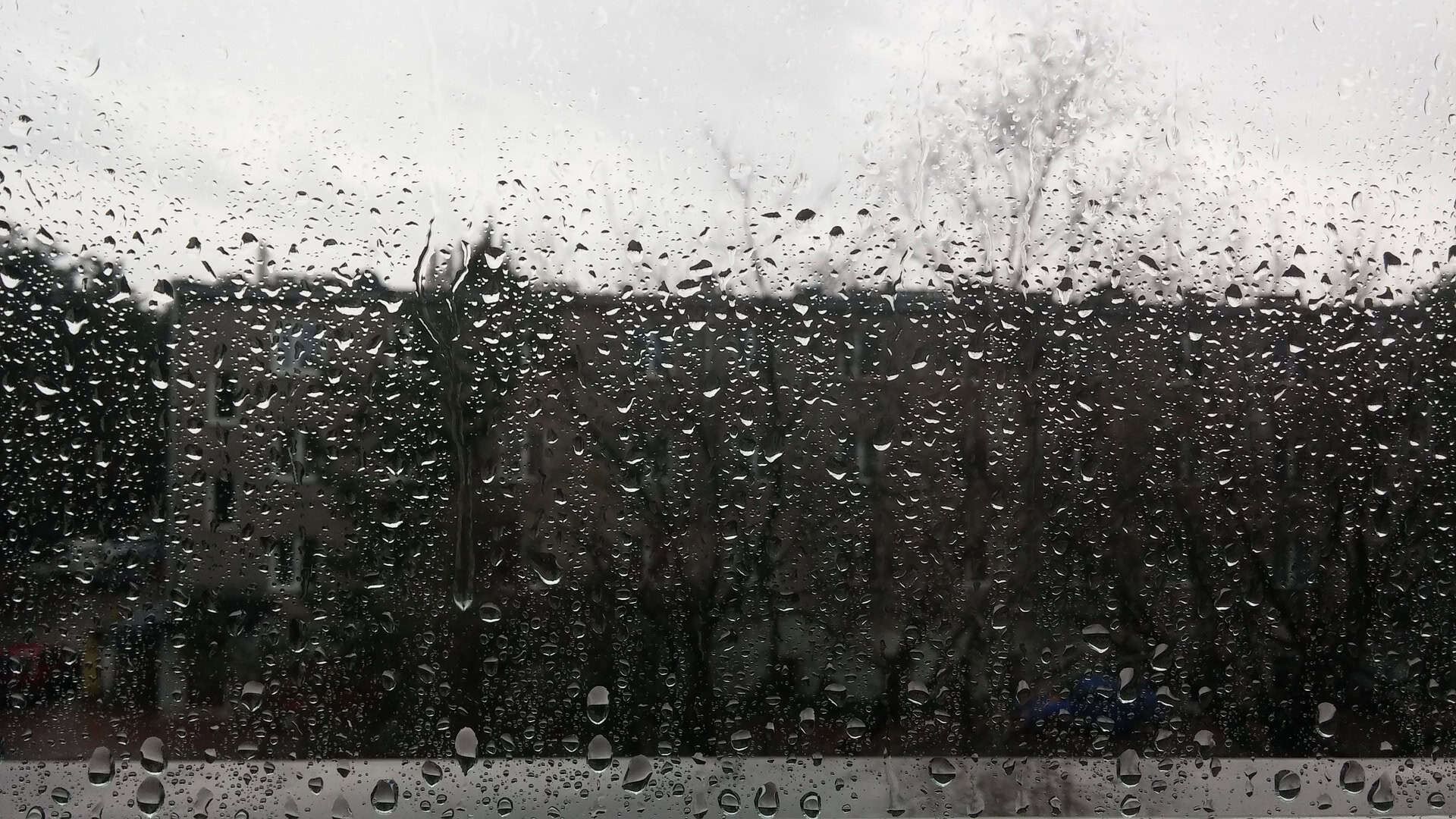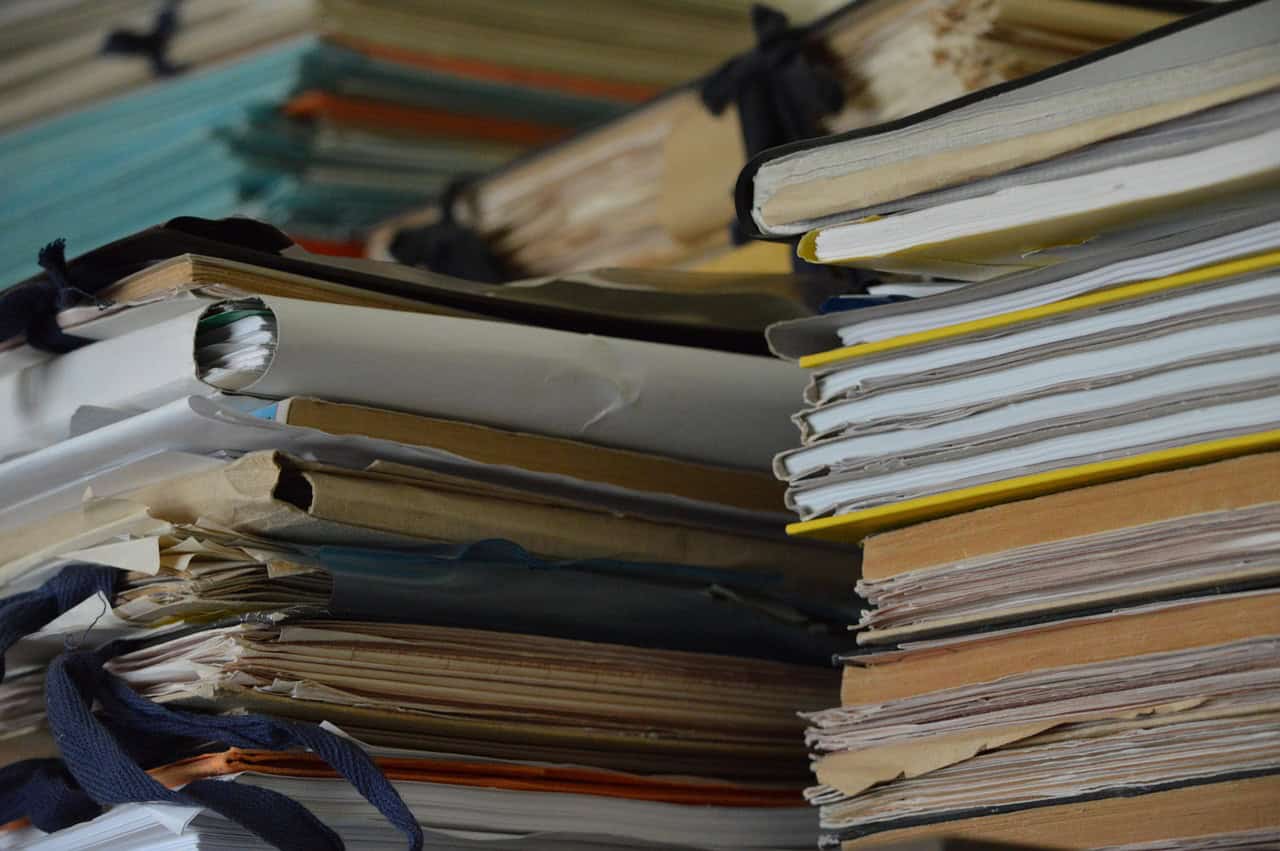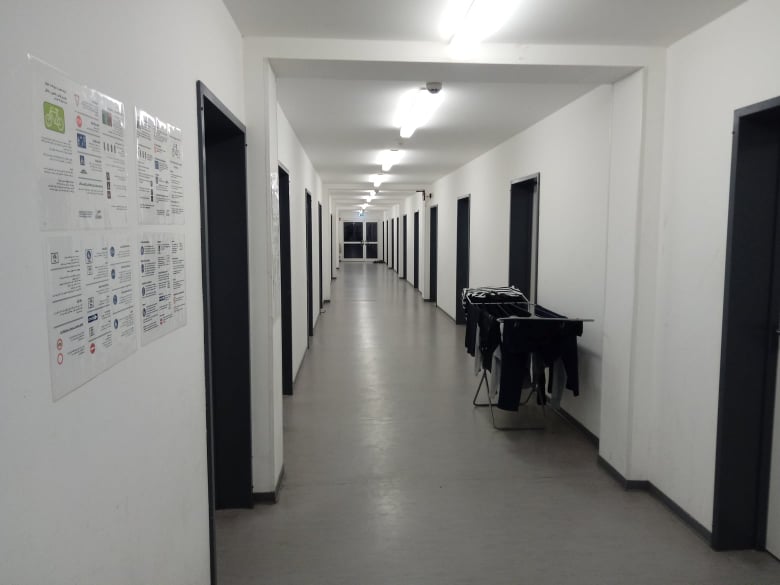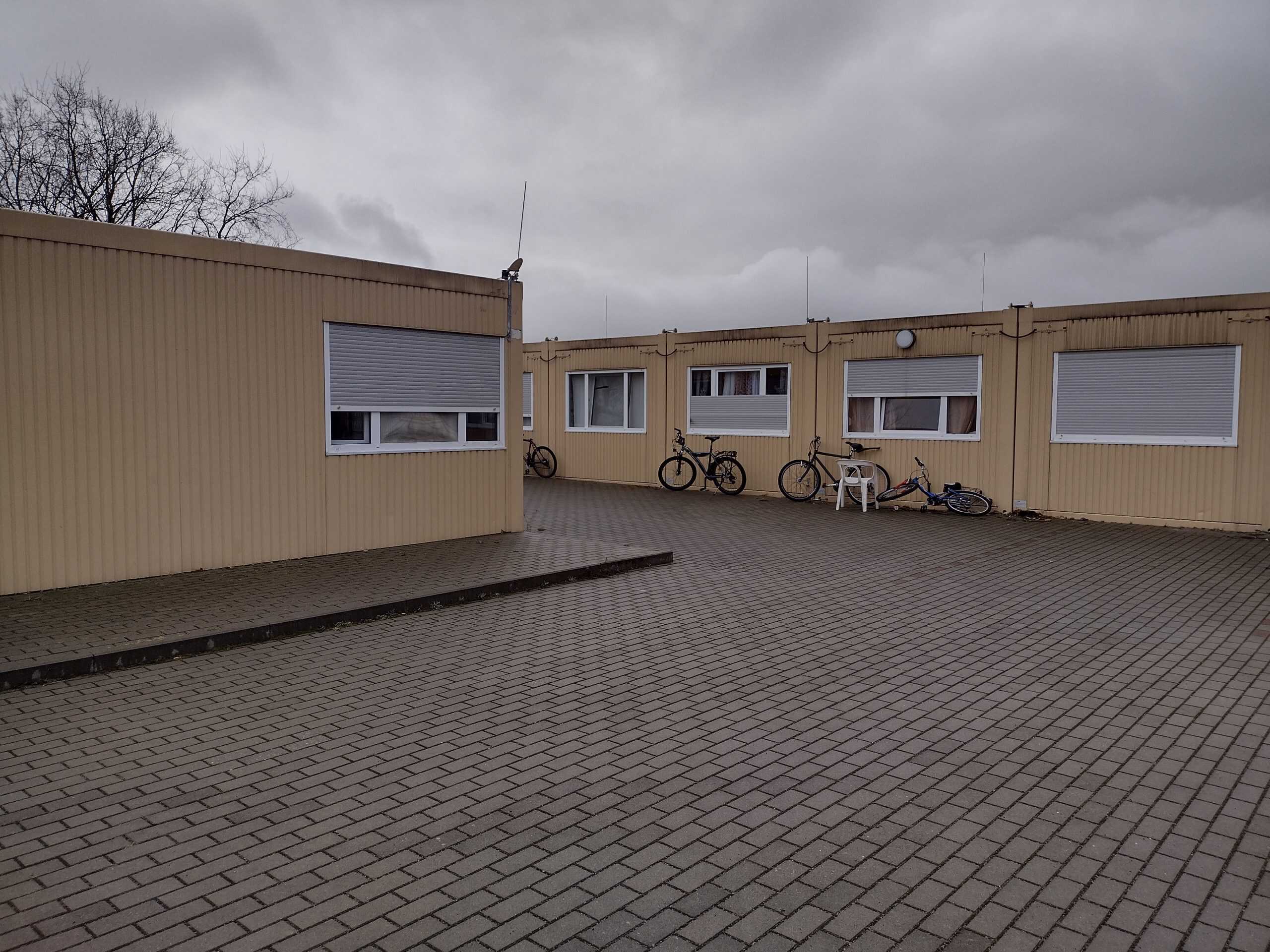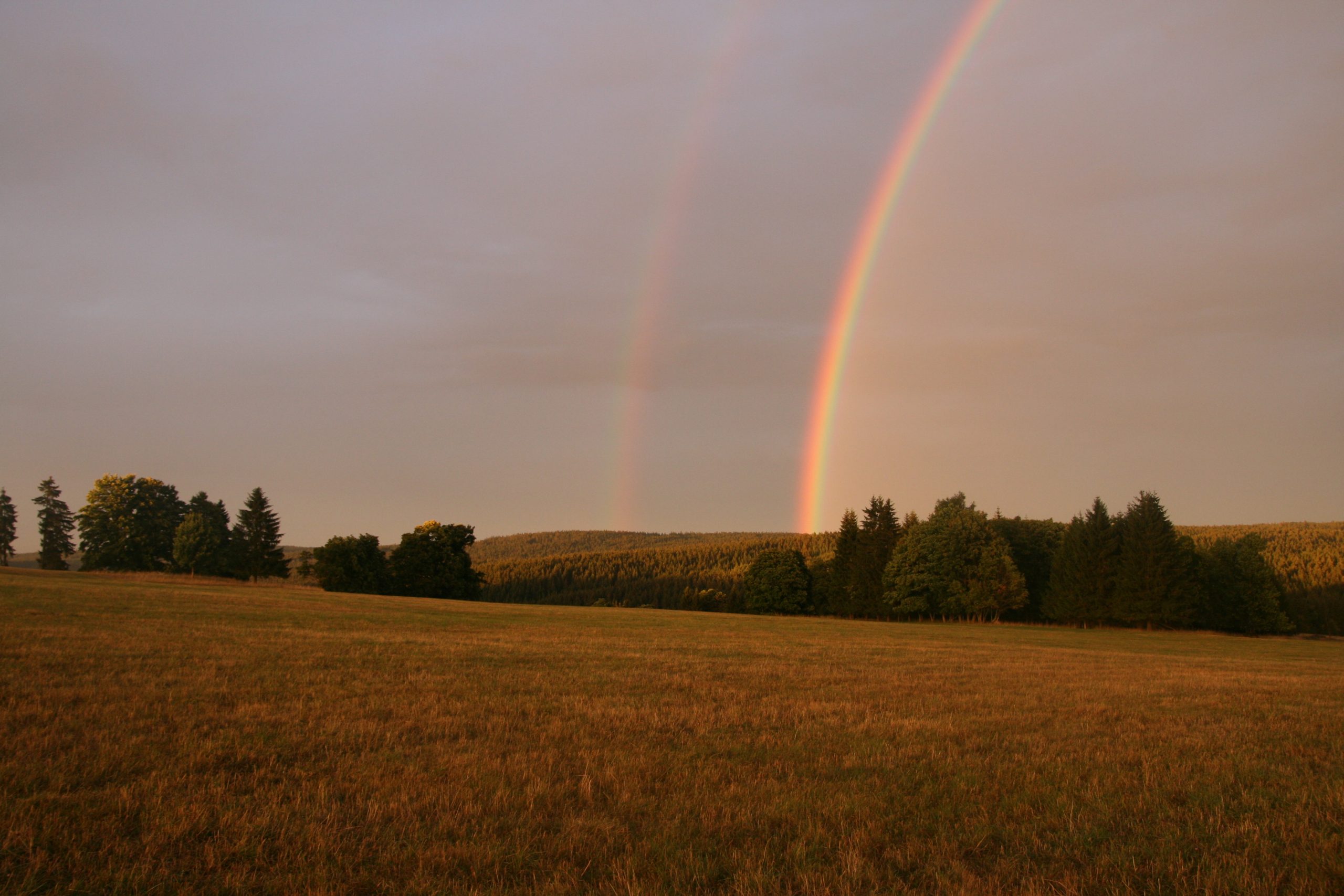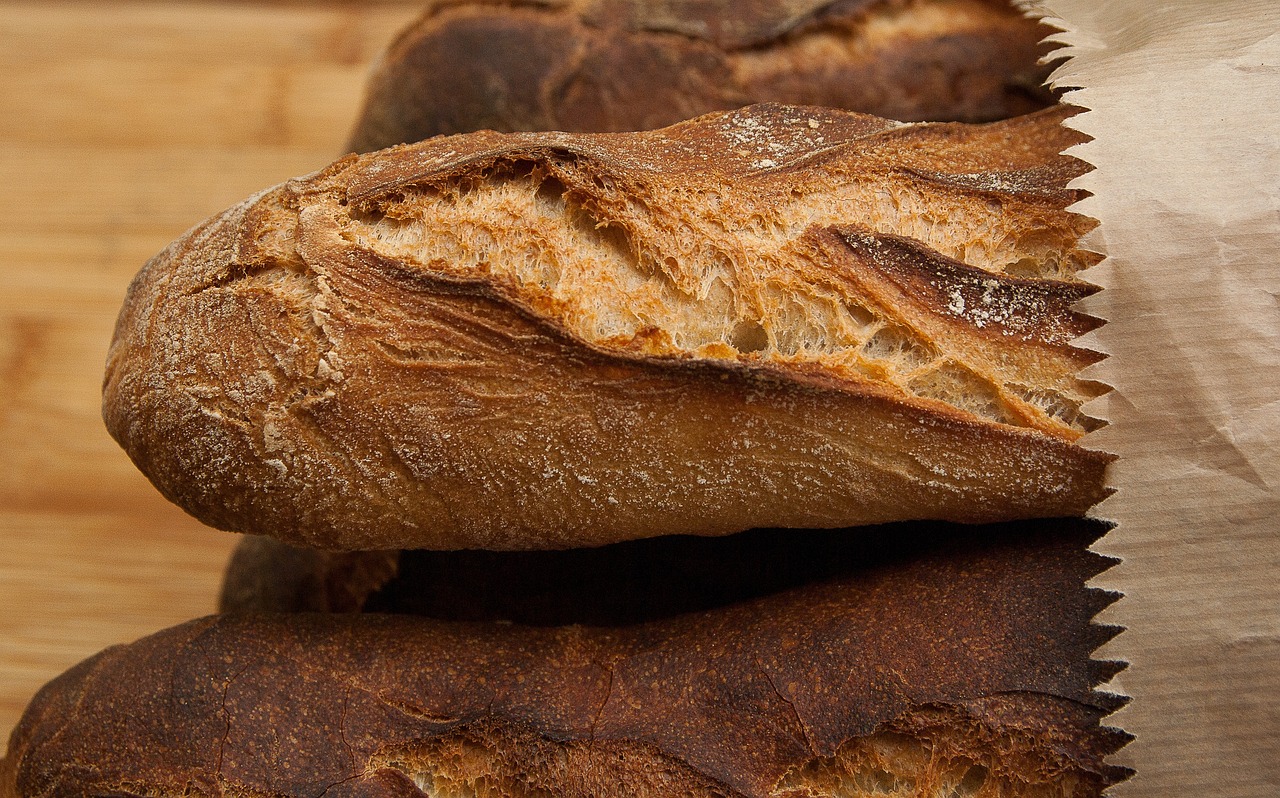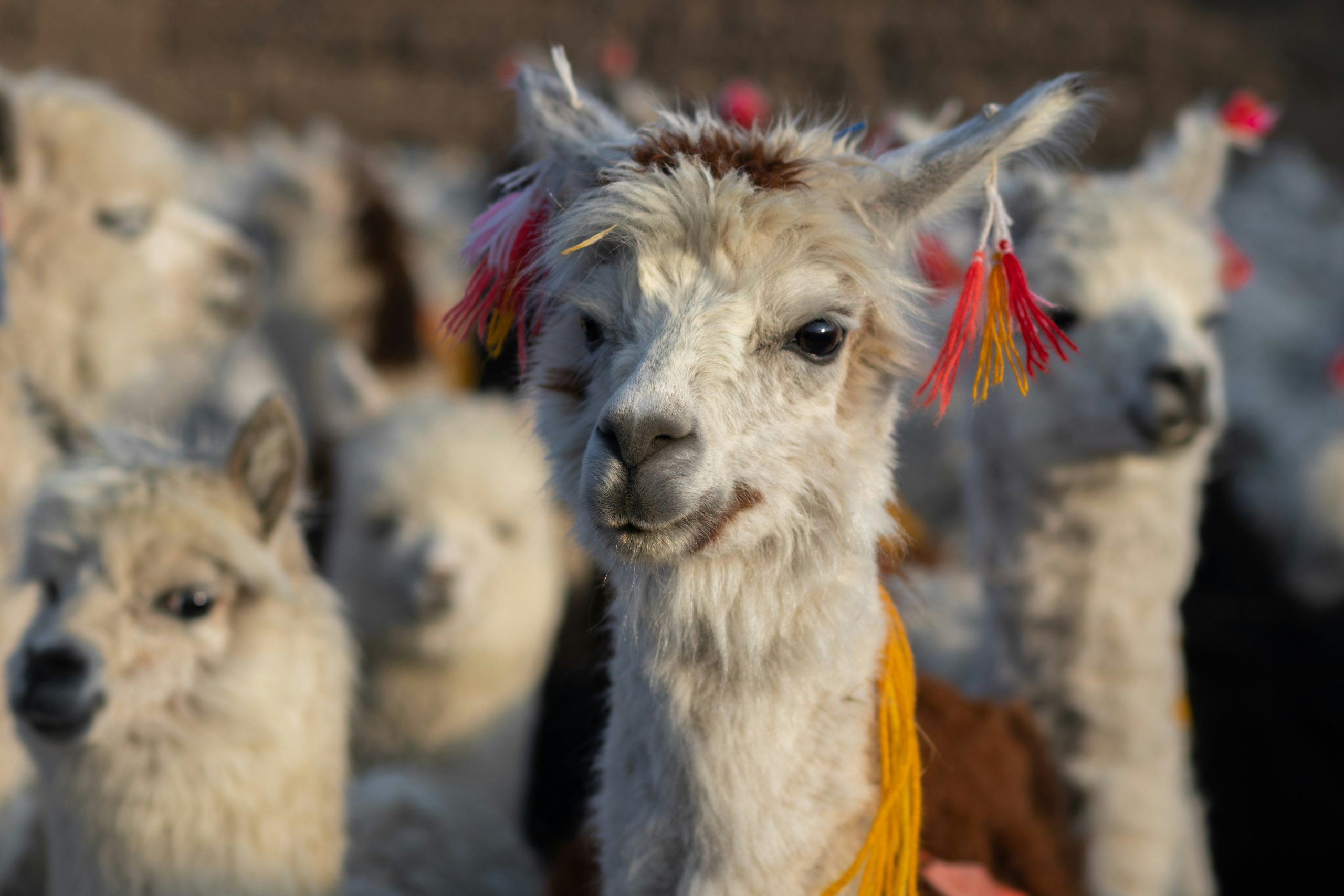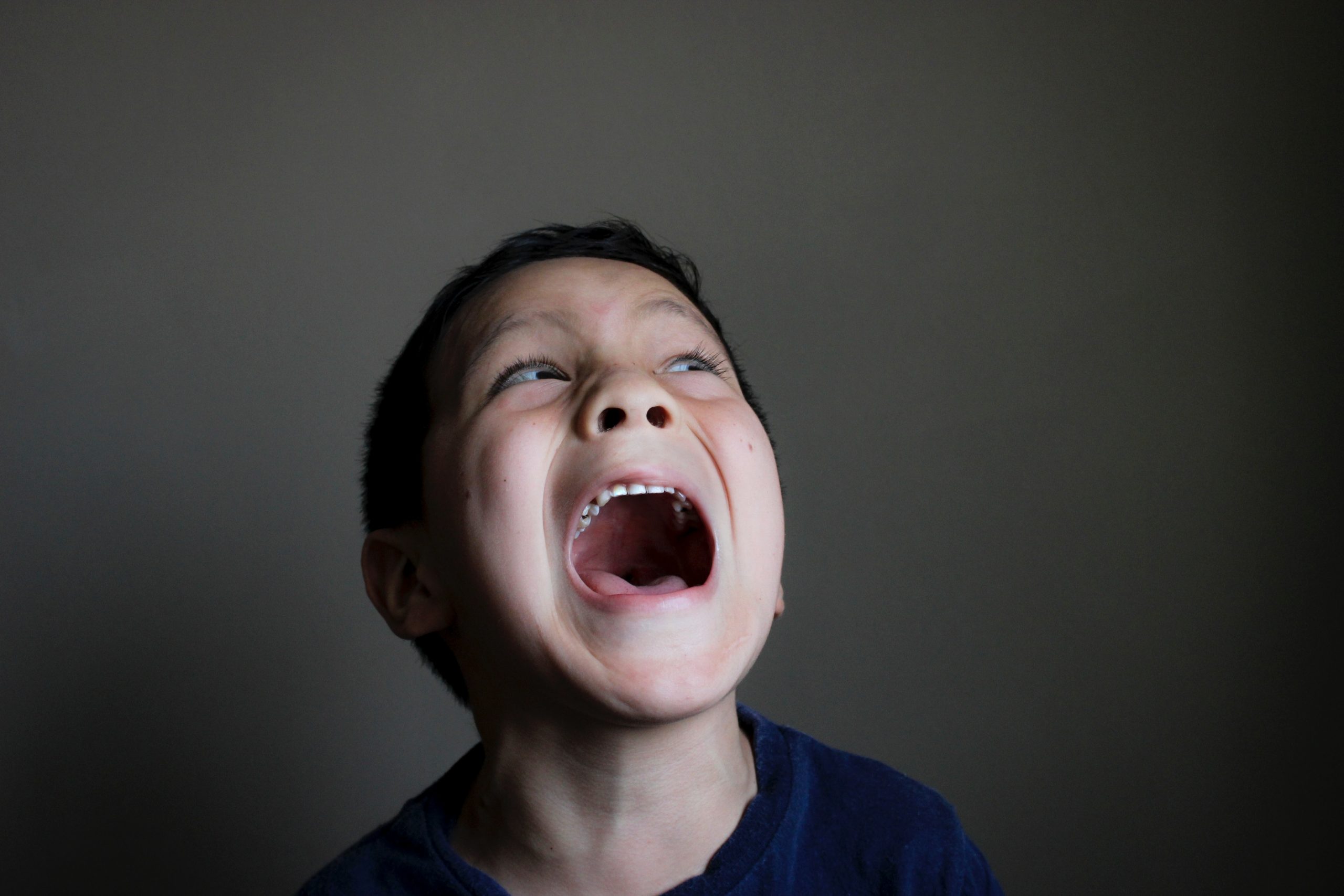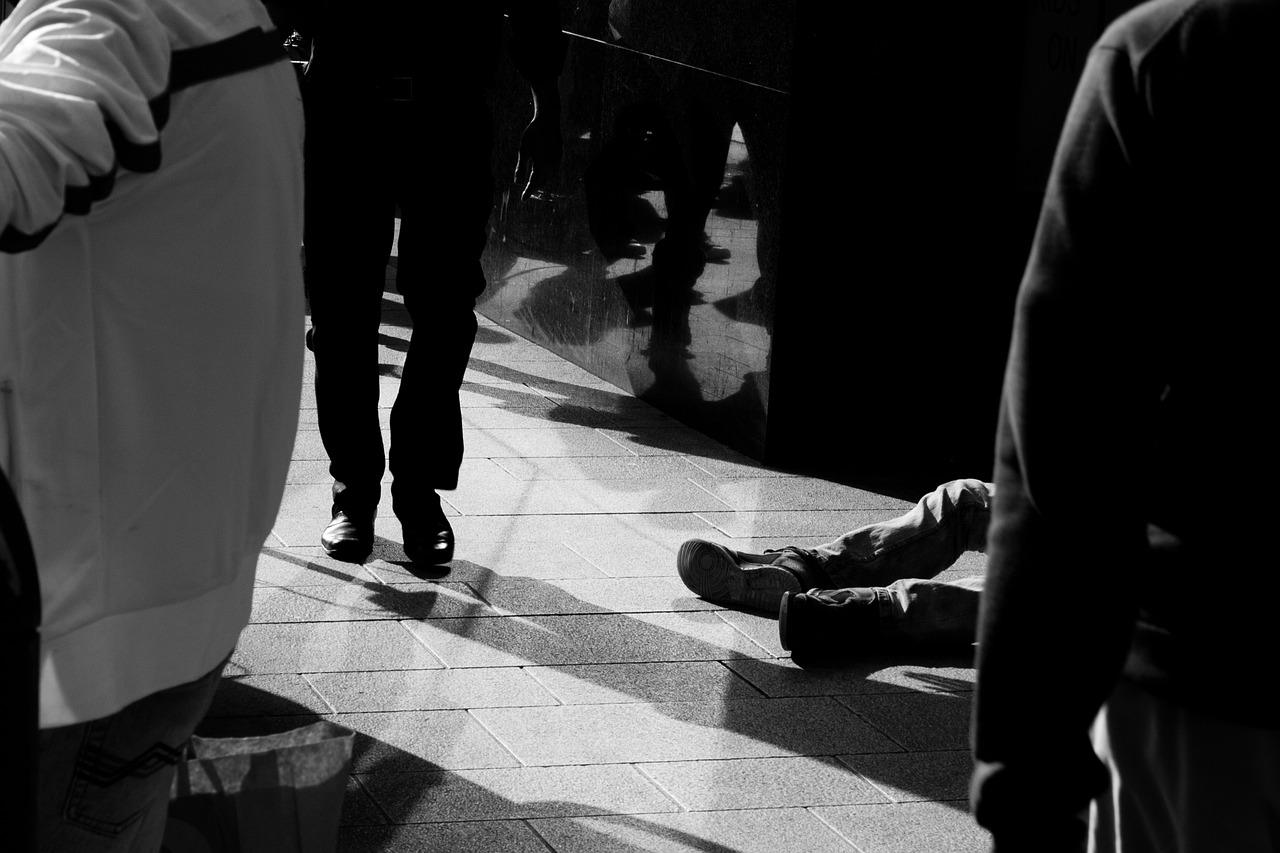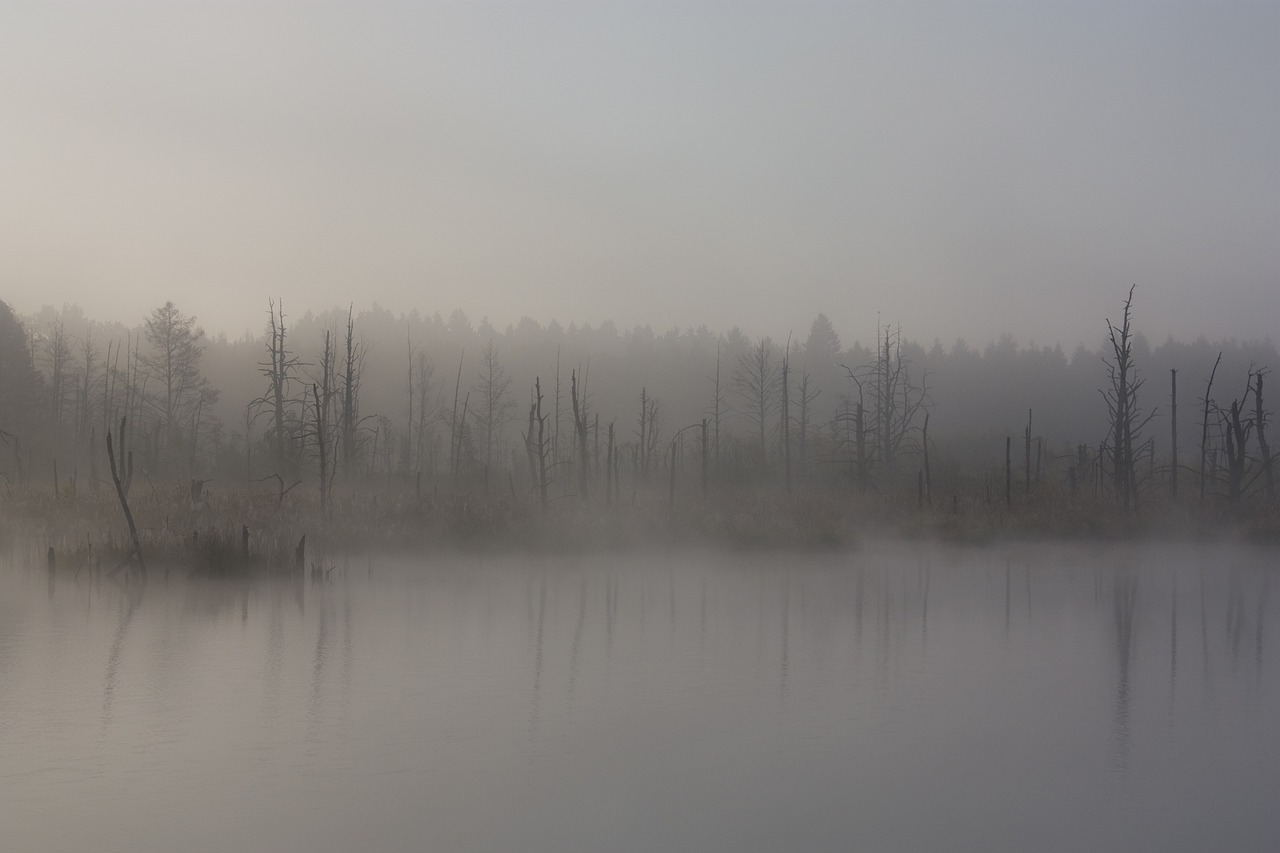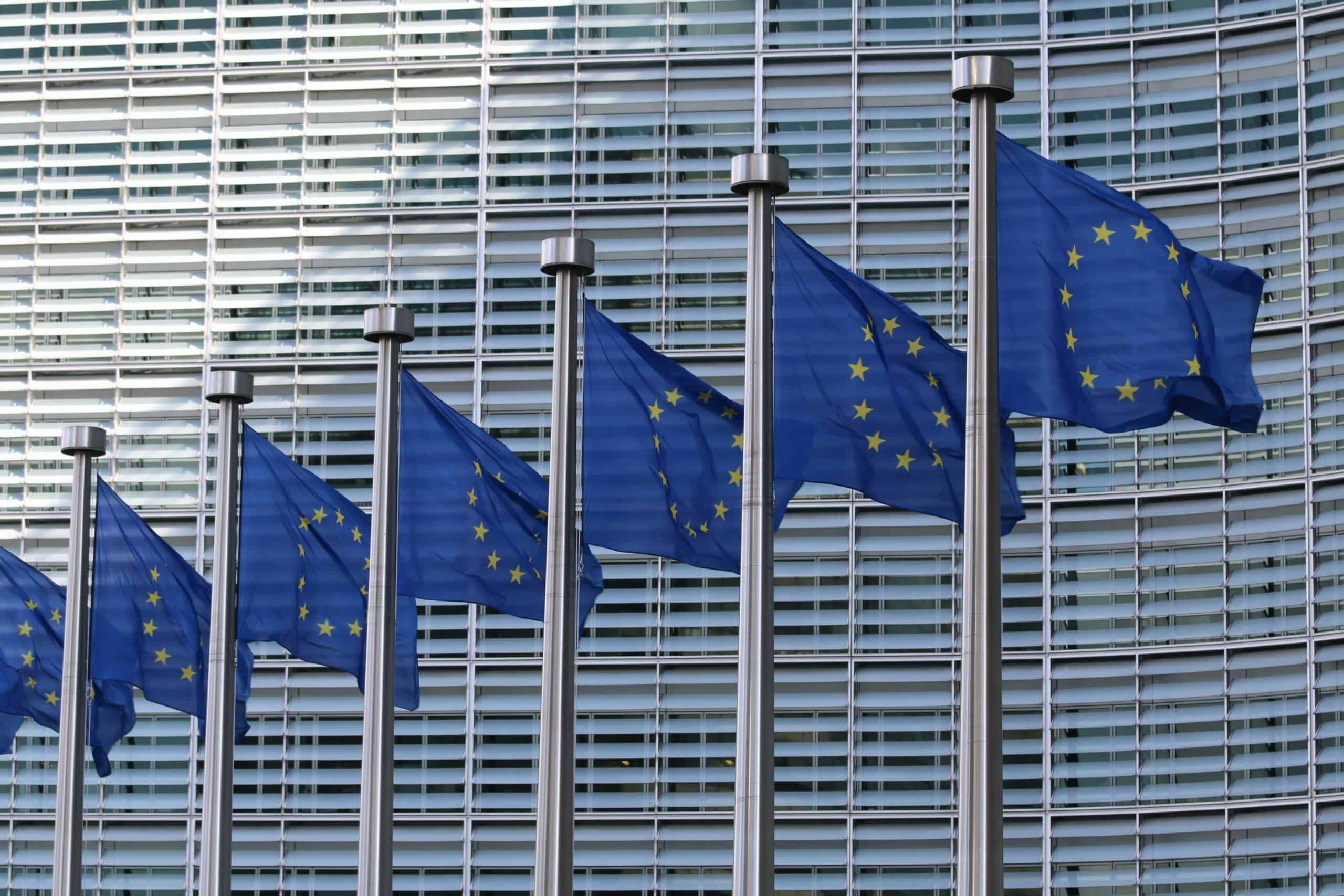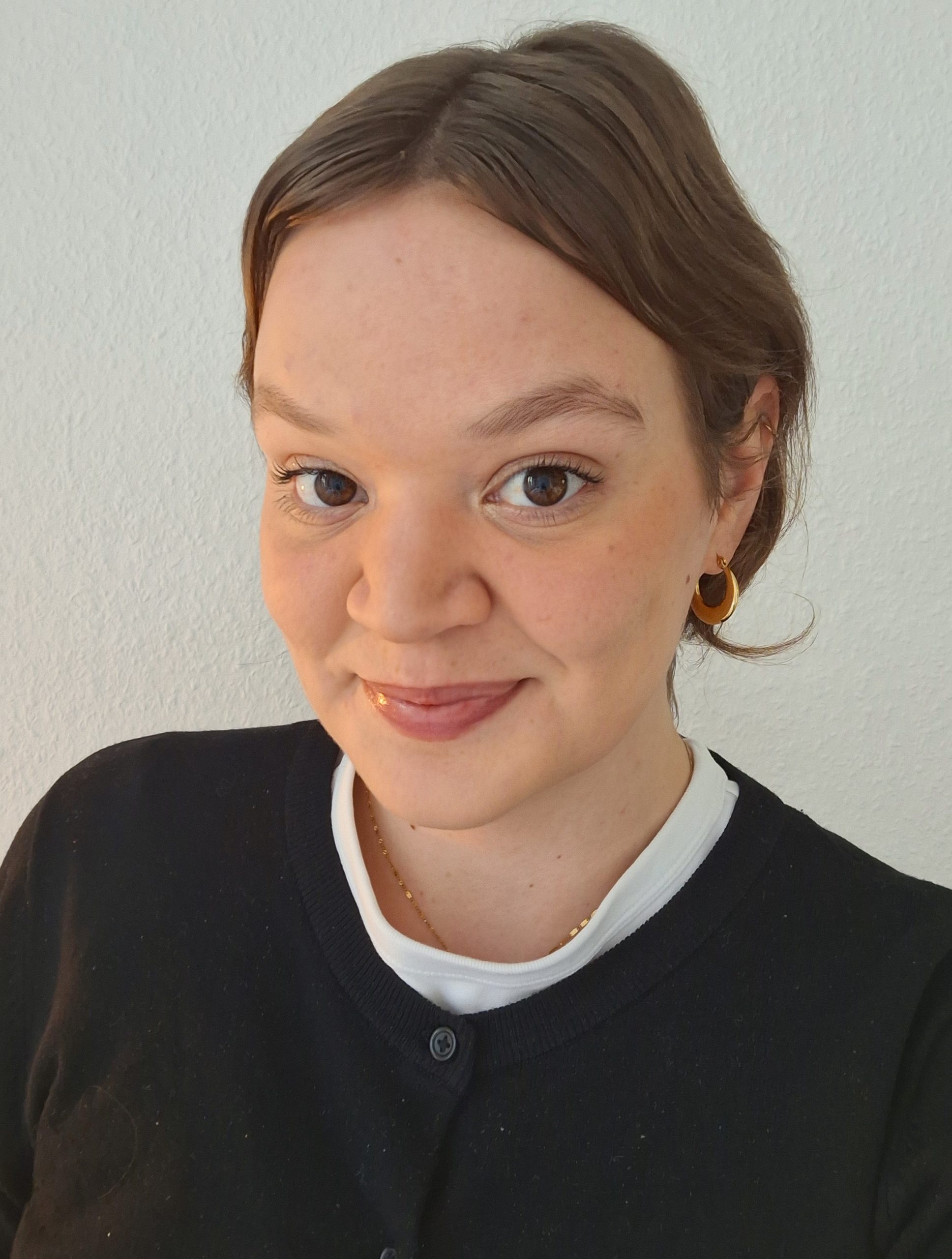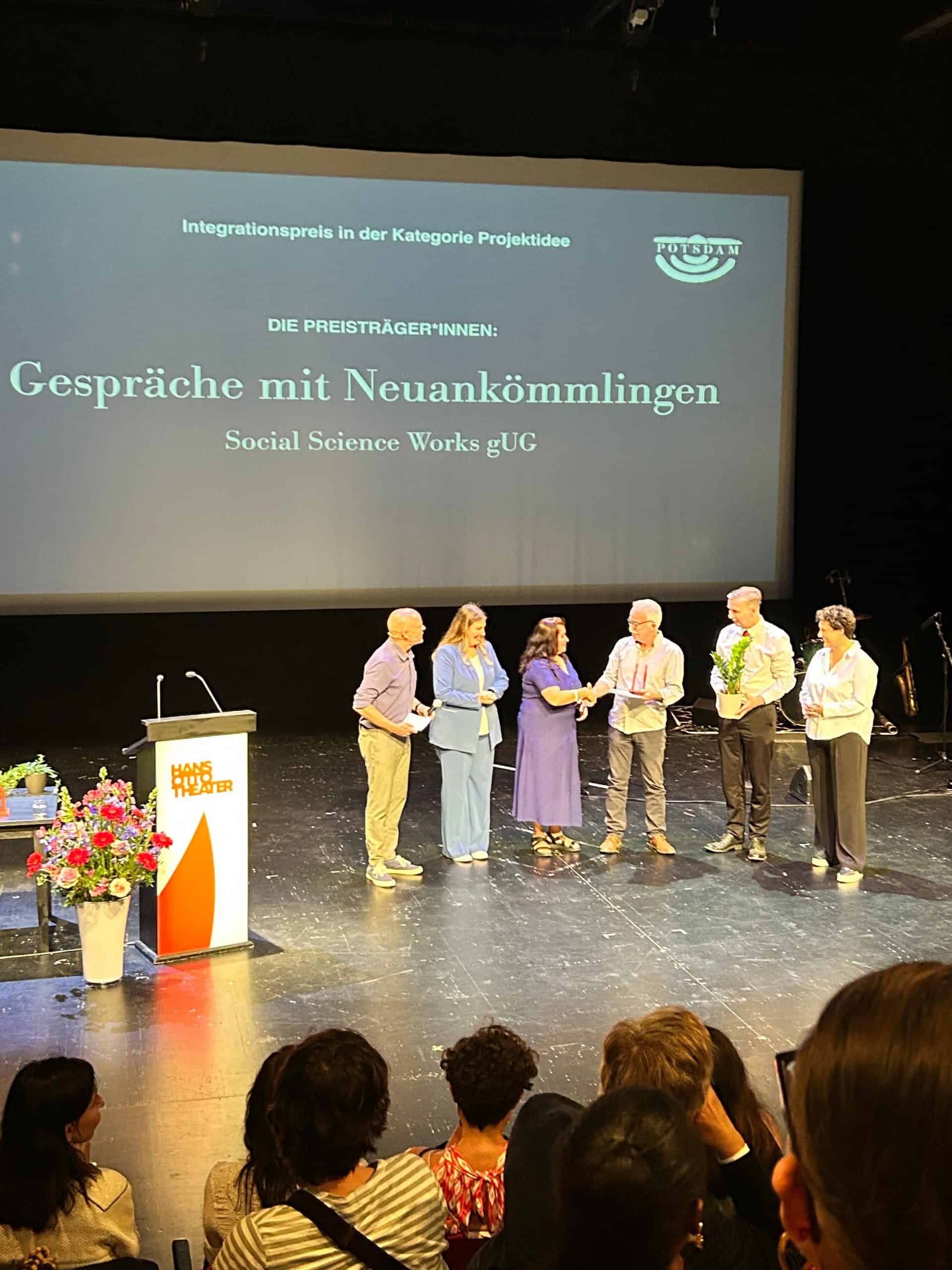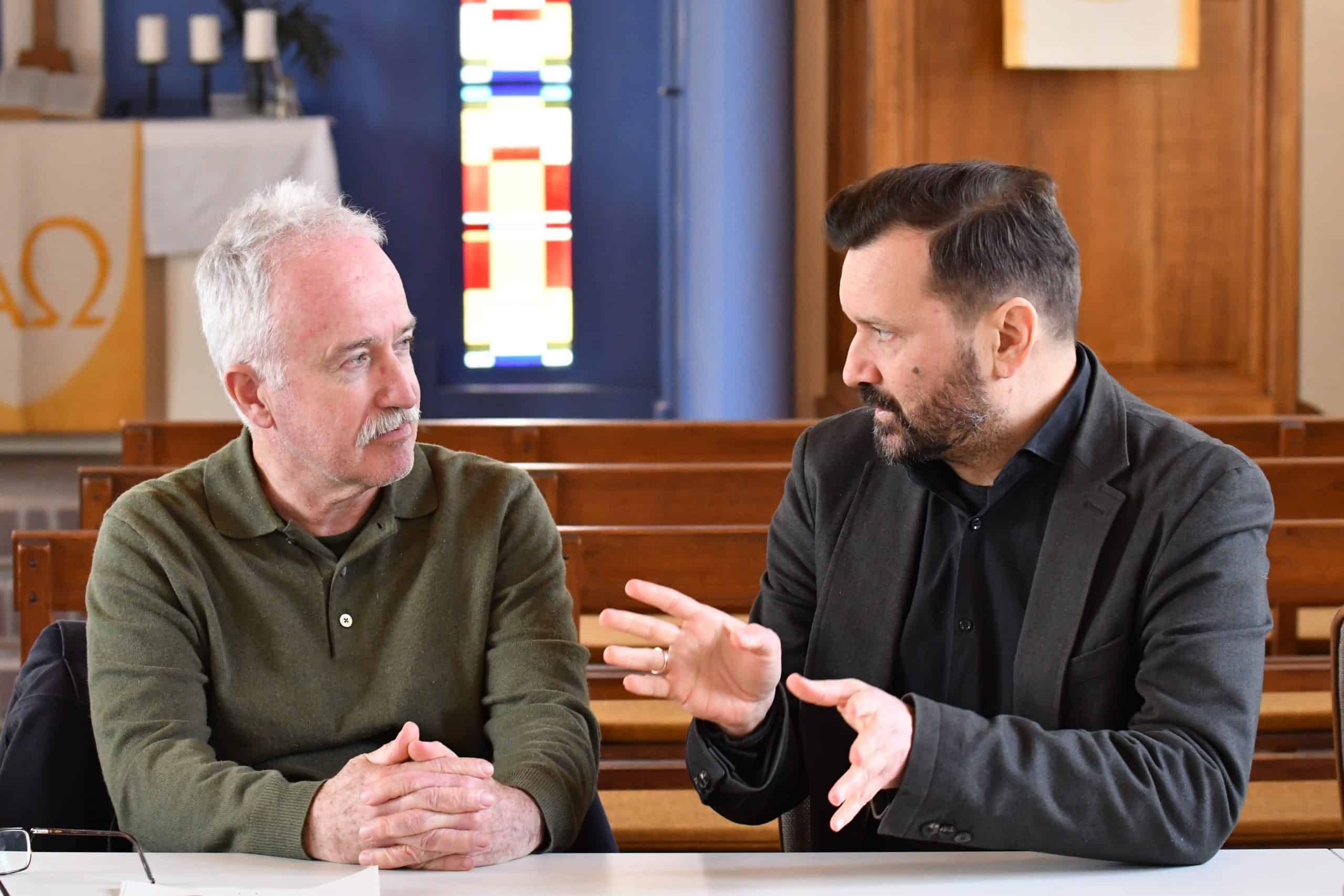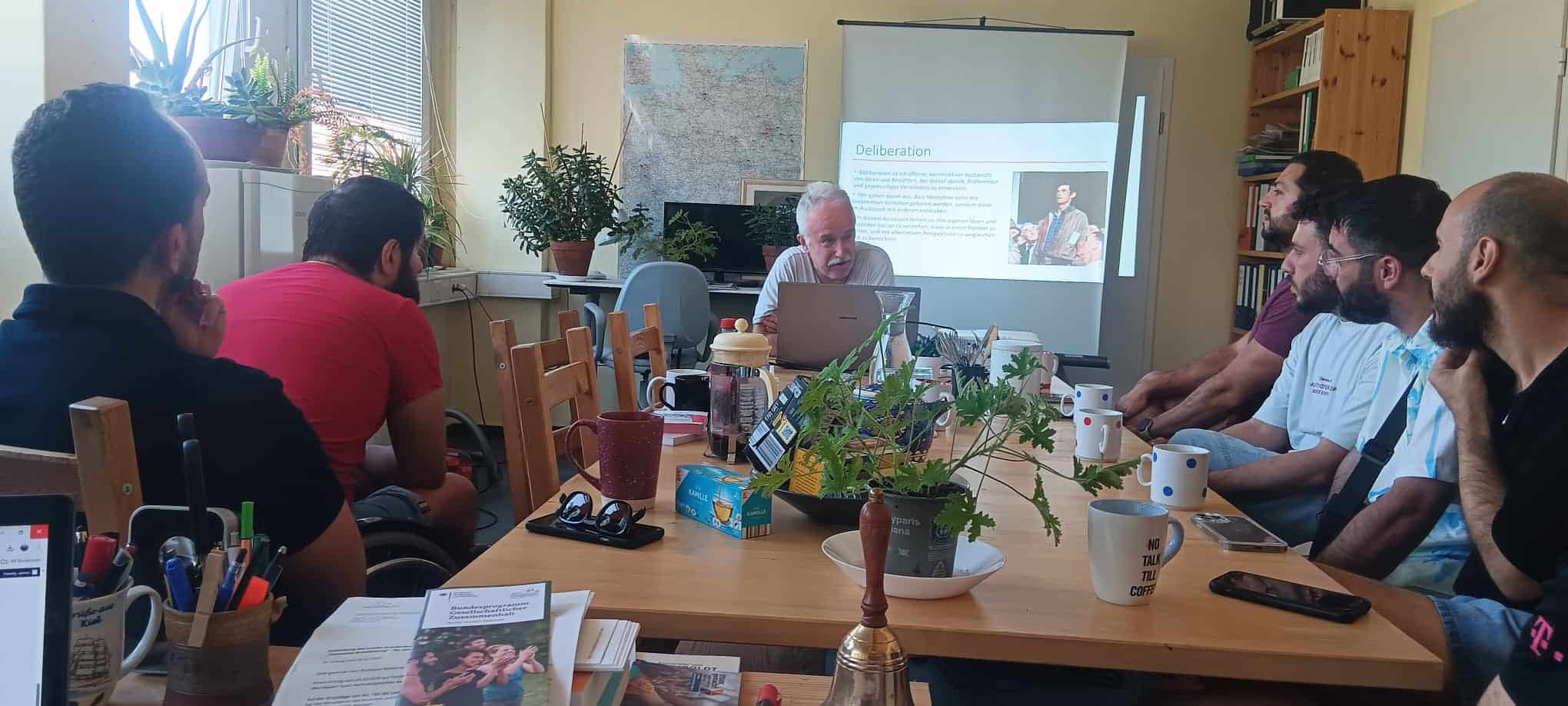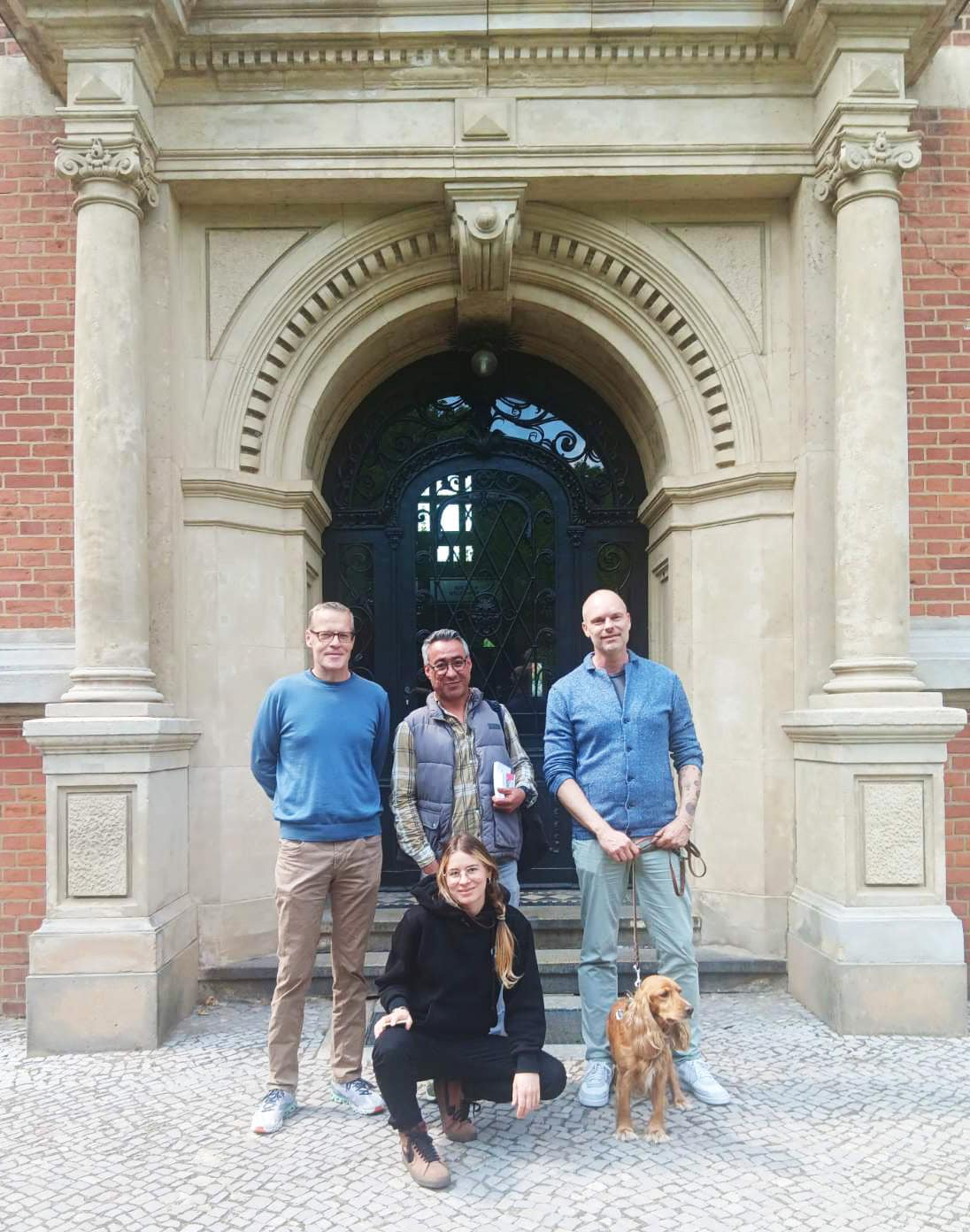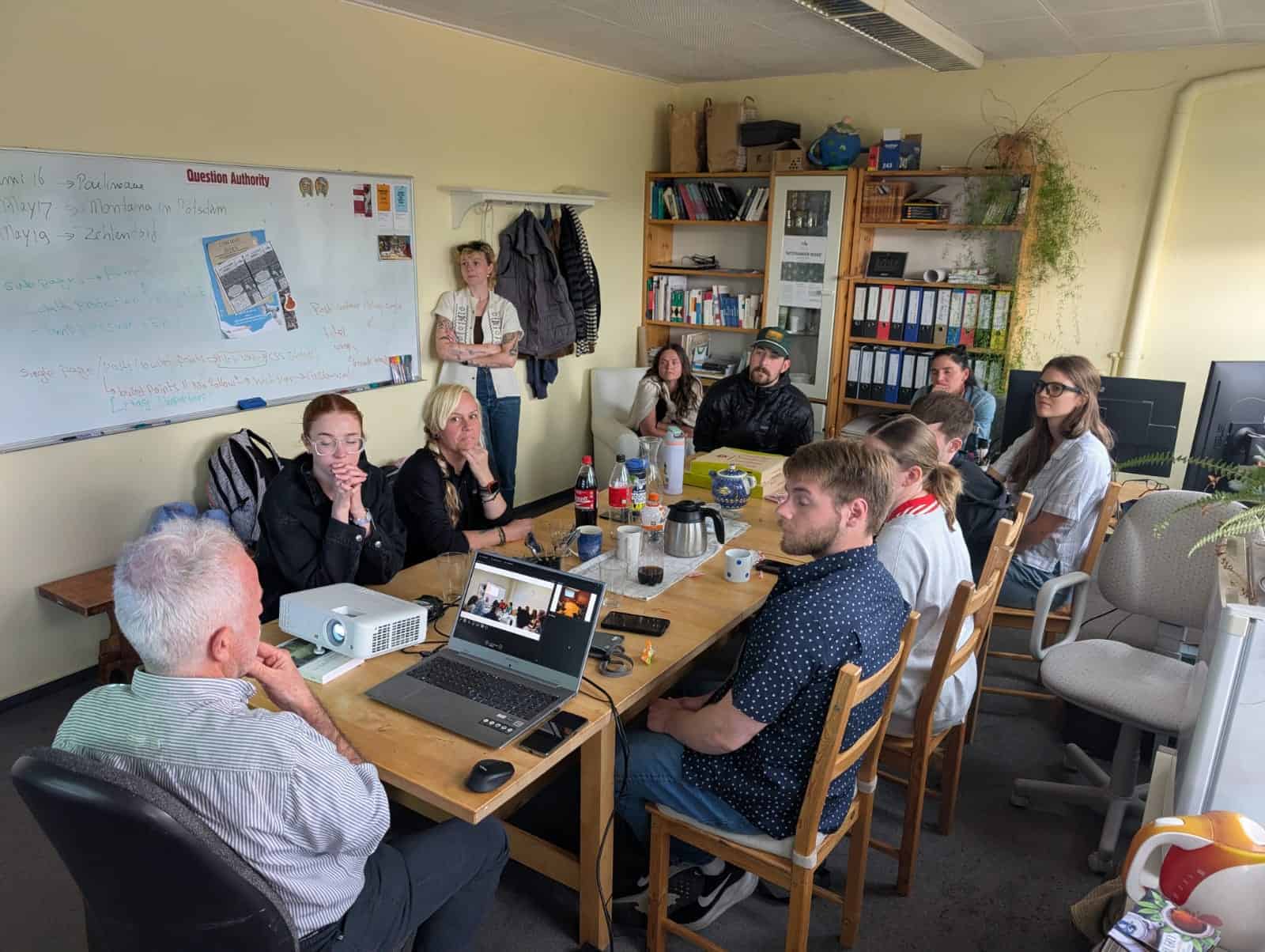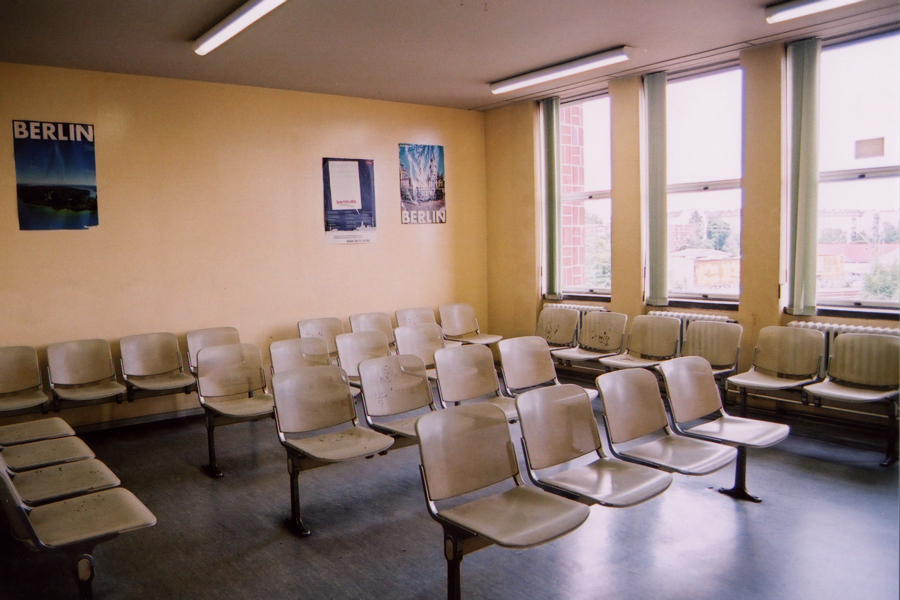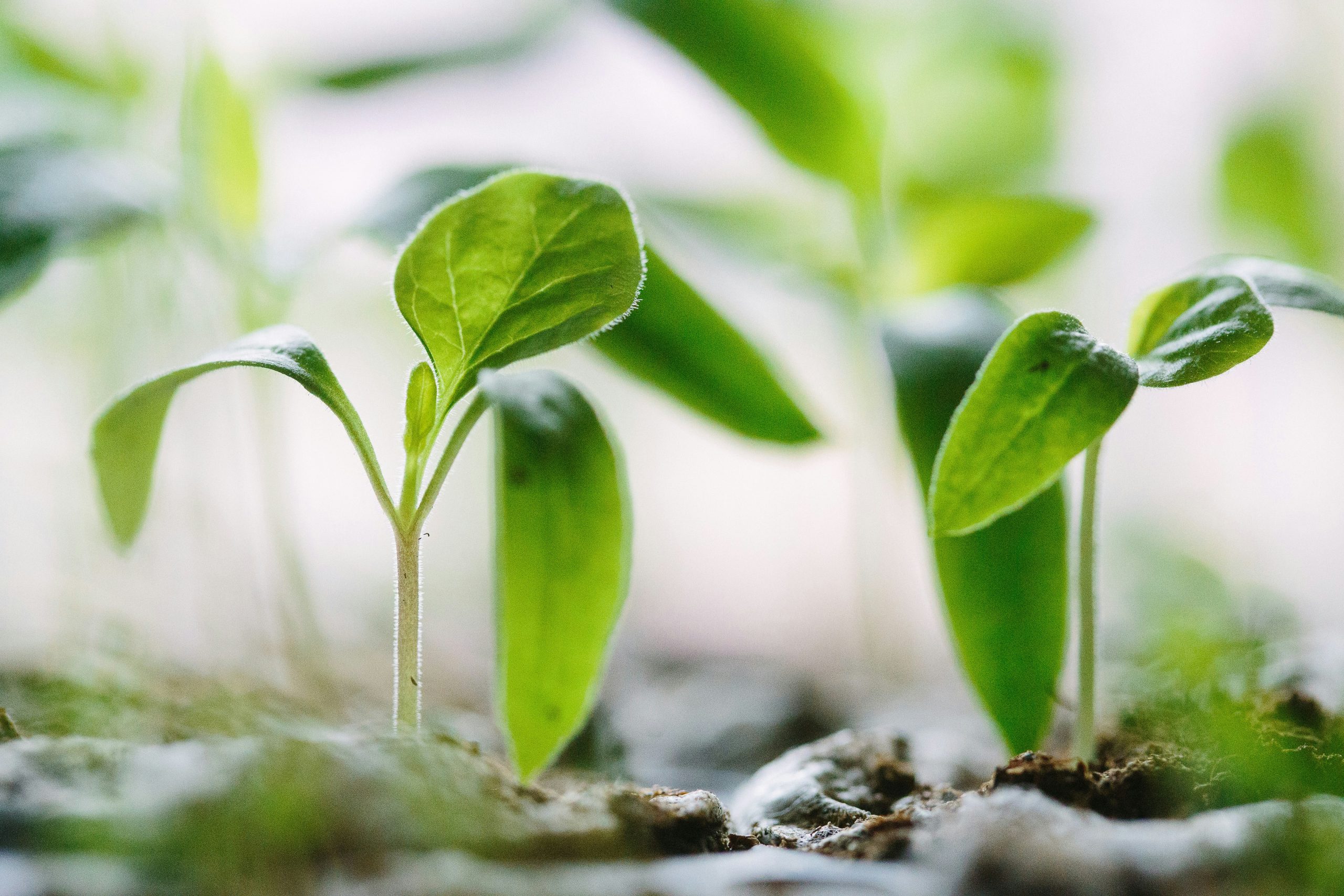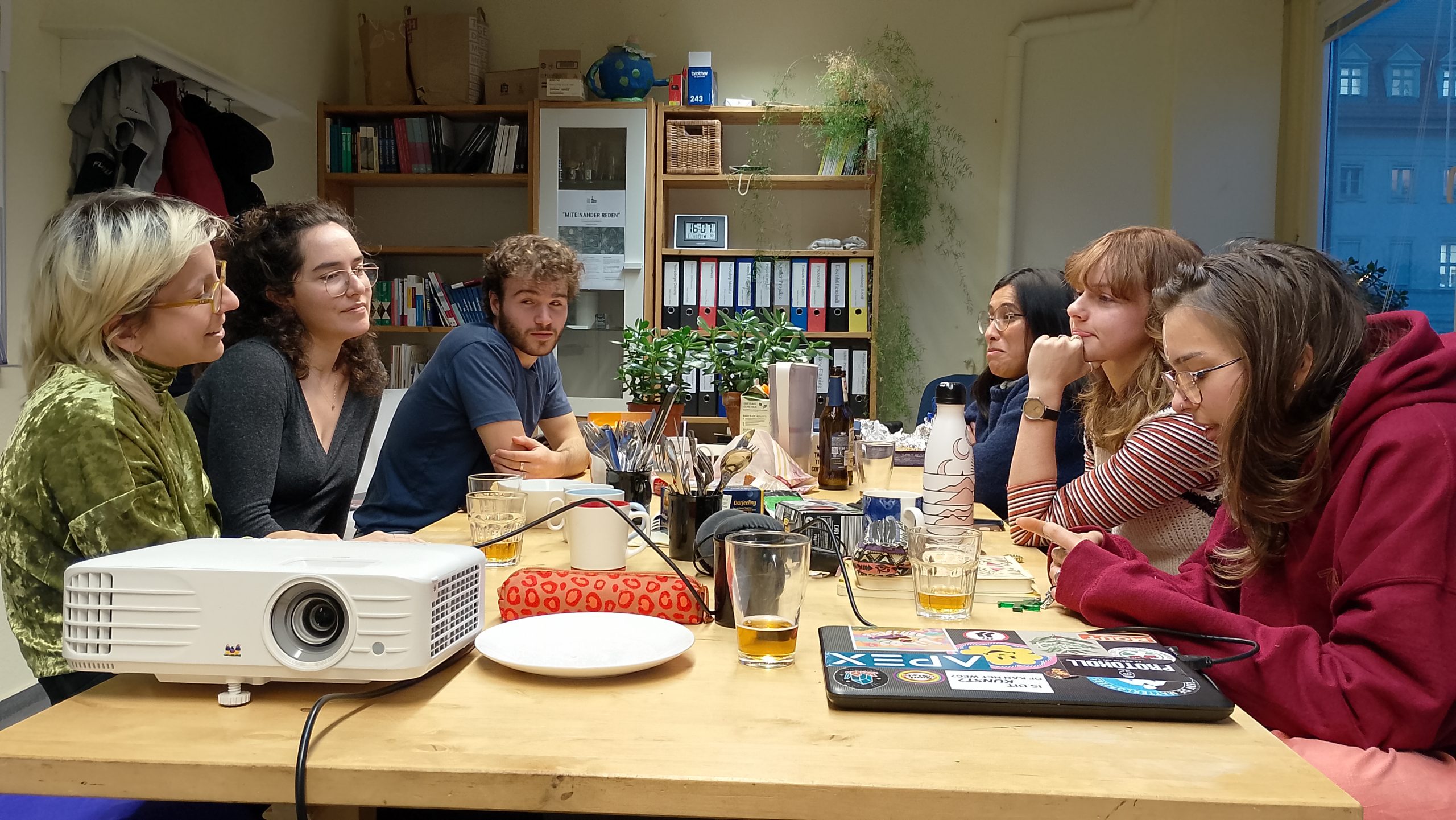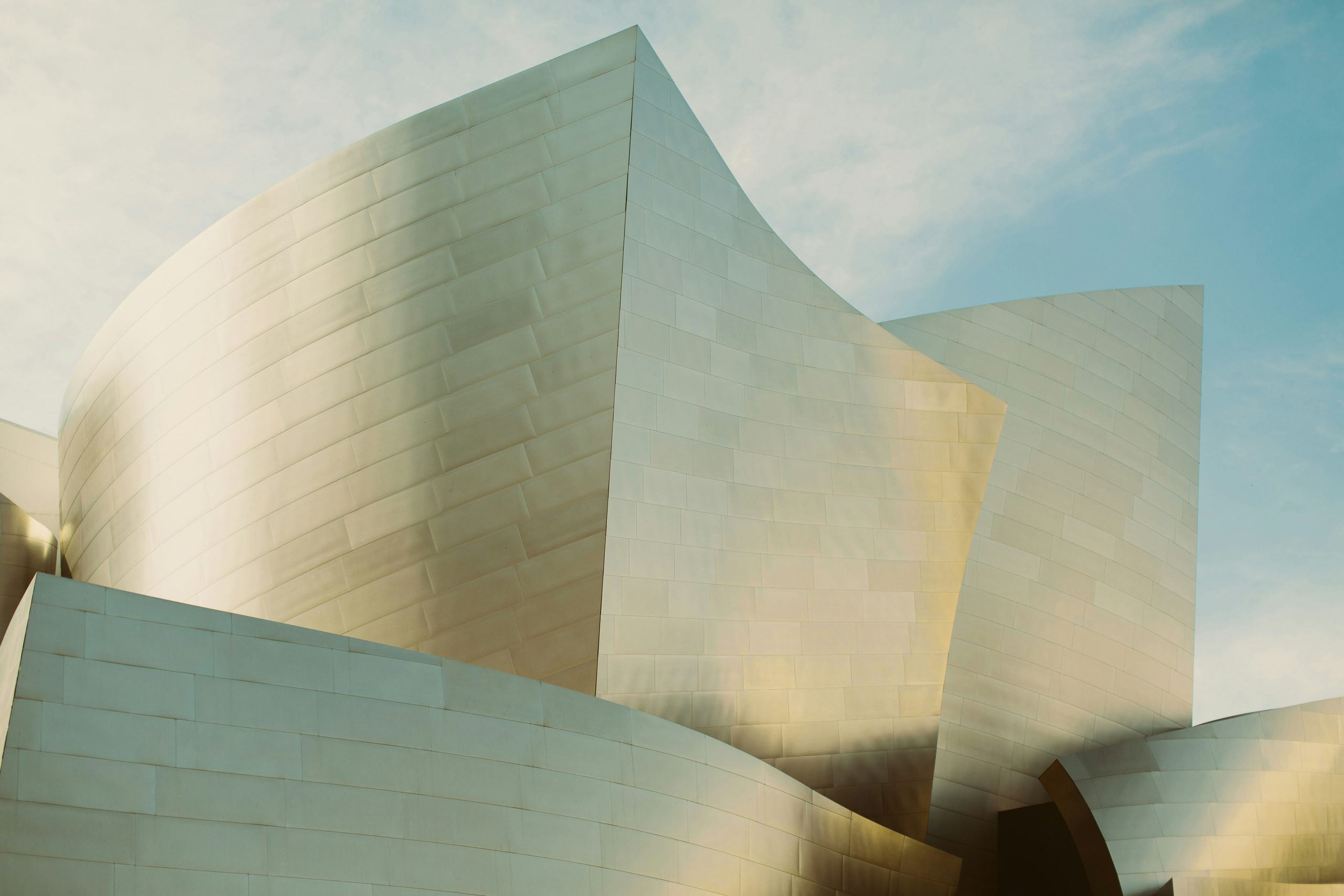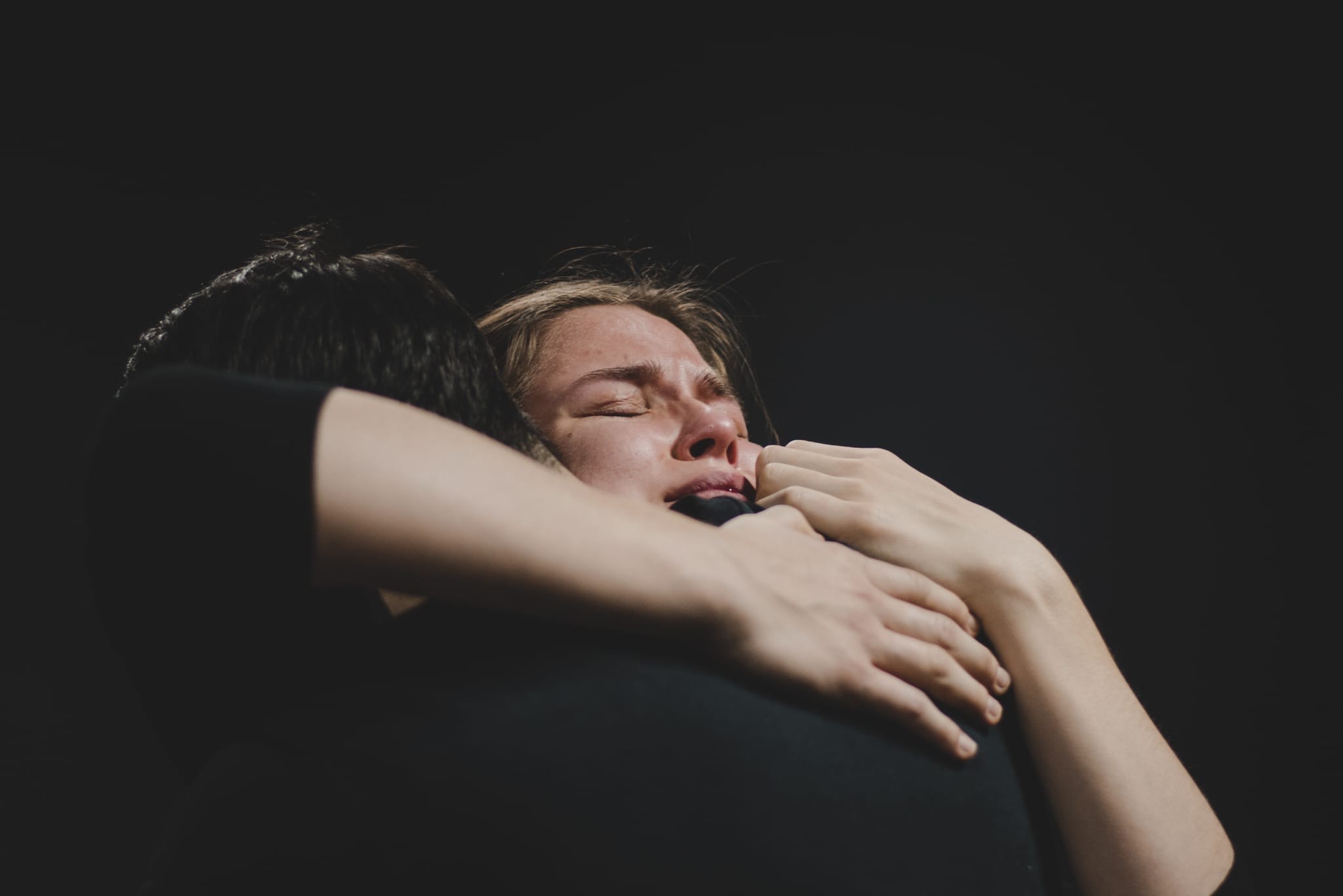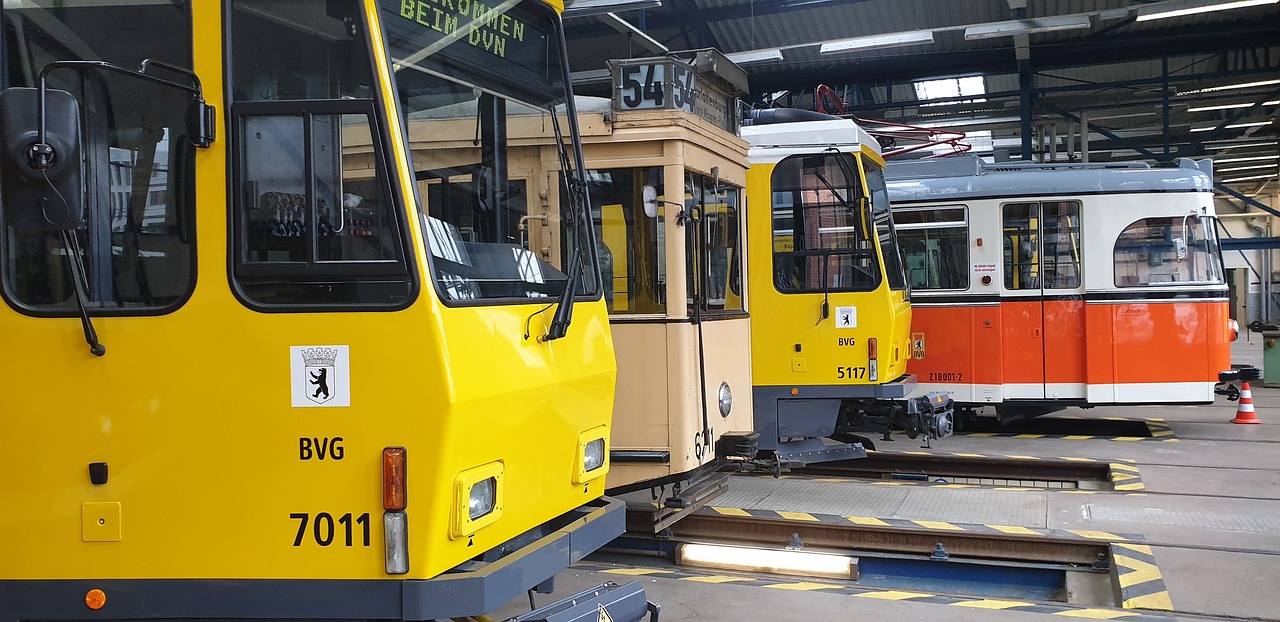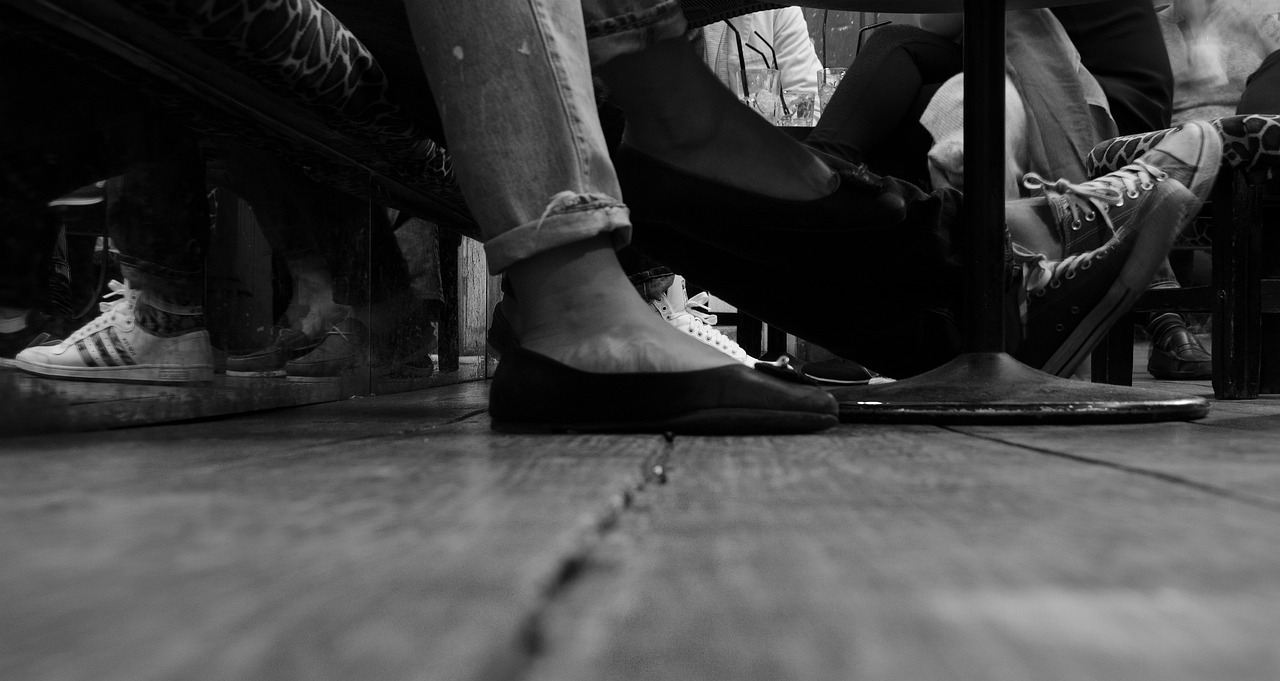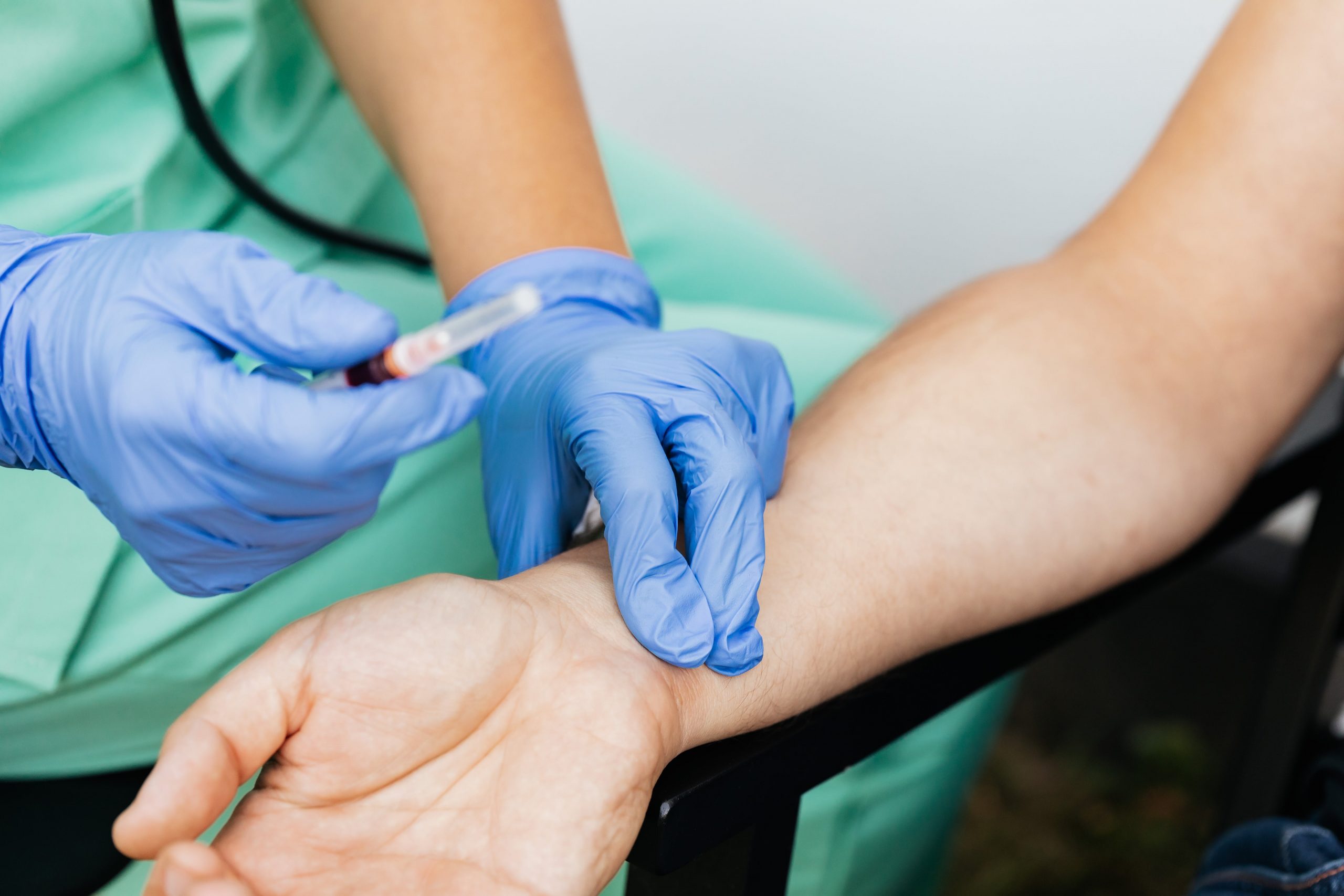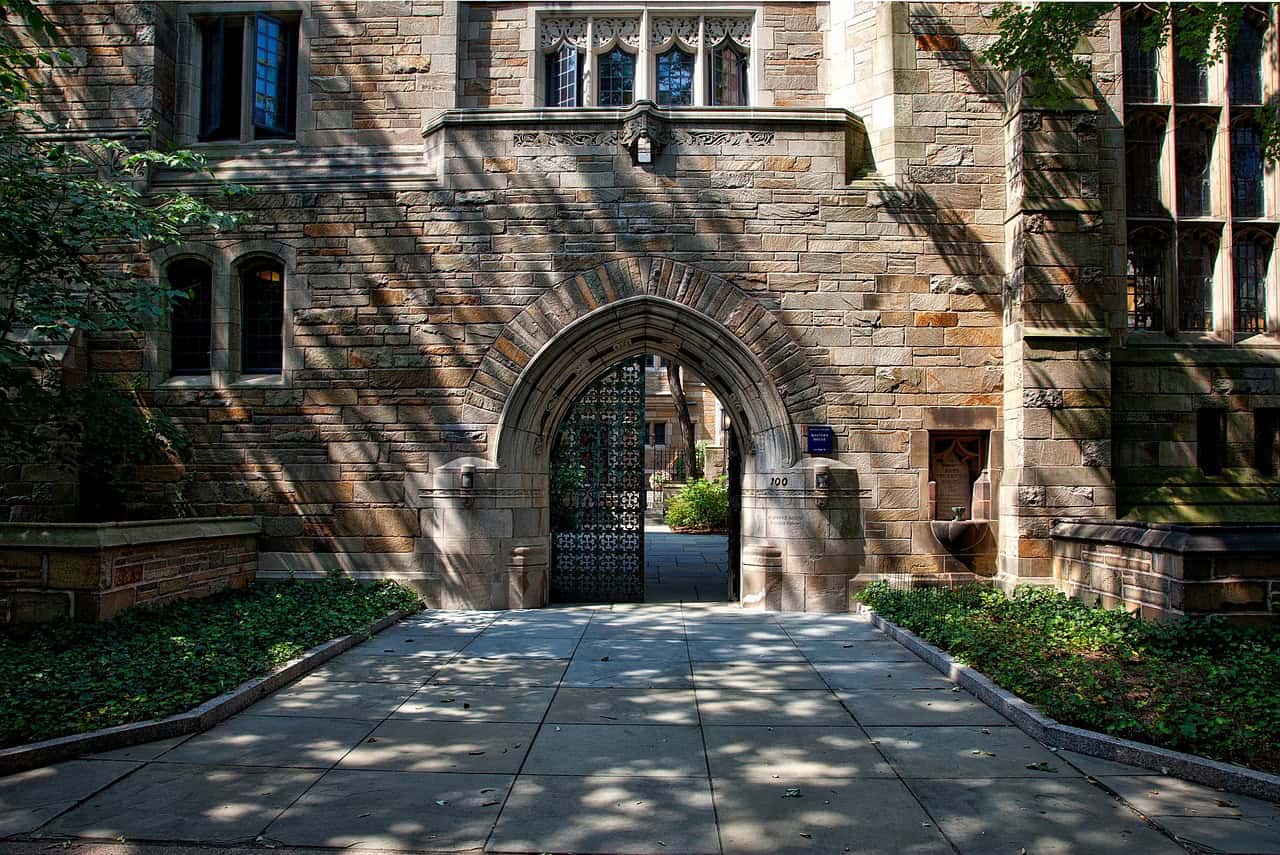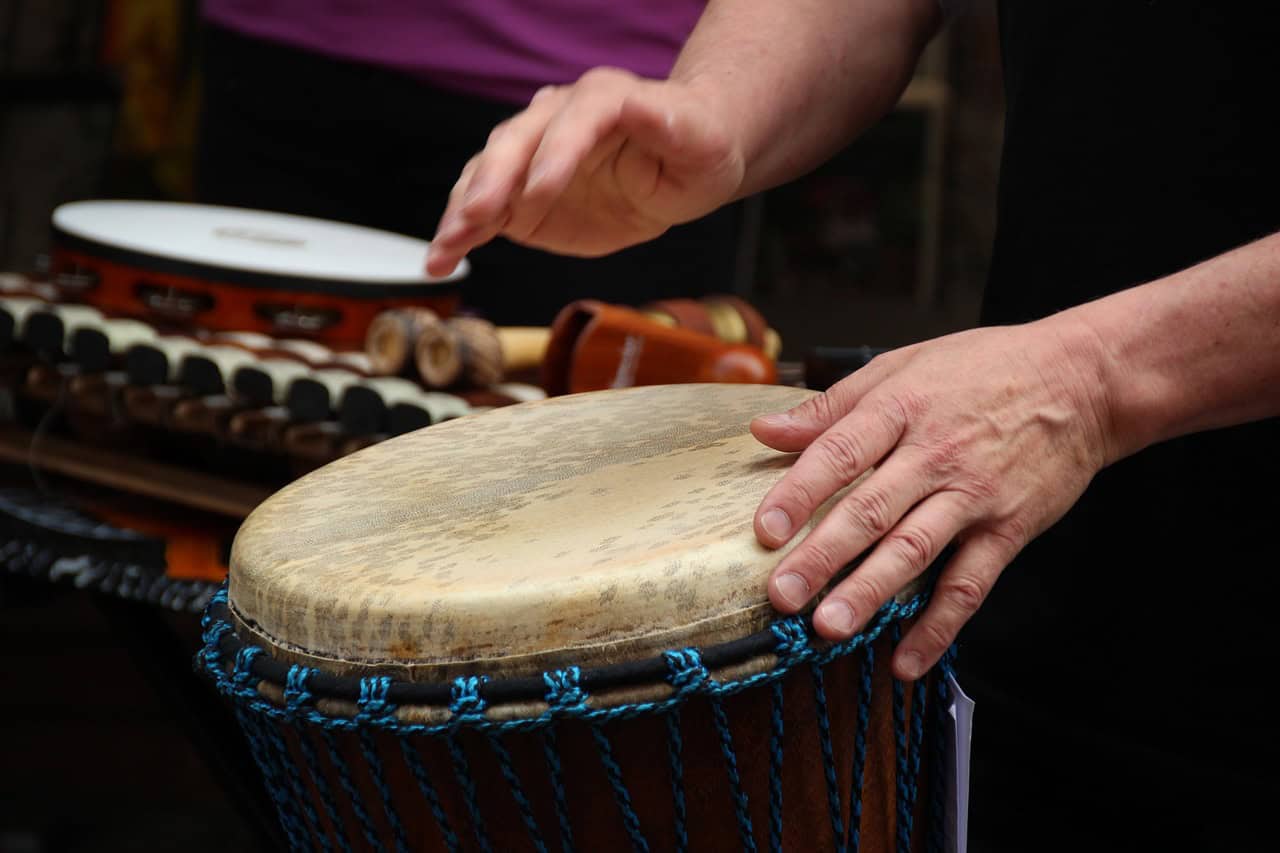Putting social science to use for modern democracies
Putting social science to use for modern democracies
OUR MISSION
Social Science Works is a social enterprise driven by pregnant societal problems. To alleviate these problems, we try to develop and to apply usable knowledge. Our foci are democracy, participation, integration, populism and radicalization. We aim to further integration and civic participation, and to counter populism and radicalization. We try to develop new ways of meaningful citizen participation and to advance new strategies to strengthen civic and political competences.
WHO WE ARE
We are a heterogeneous, international group of social scientists, most of whom were educated in Germany and live in Berlin and Brandenburg. Our disciplinary backgrounds include sociology, political science, anthropology, economics, philosophy and communication science. More about our team here. And on our fellows here.
PHILOSOPHY OF SCIENCE
Distinctive is our combination of theory and practice, developing, implementing and researching in particular deliberation at the same time, and our connection between social and political science on the one hand and social and political philosophy on the other. We seek to develop, what Charles Lindblom calls, Usable Knowledge, and in doing so we are not shying away from normative issues and policy recommendations.
COMPETENCIES
Our core competencies include citizen dialogues, political education, deliberative integration and democracy projects, as well as multiplier workshops and trainings on various topics such as discrimination, democracy and (gender) equality. In addition, we conduct research on democracy, deliberation, migration and integration, we provide second opinions on existing research, as well as science criticism and communication. We publish regularly in English and German about our ideas, approaches, experiences and research results. A complete list of our English publications can be found here and the German publications here.
DELIBERATION
The theories and practices of deliberation play a pivotal role in our work. We see deliberation as an open and courteous exchange of ideas and values, which furthers the discovery, understanding, contextualization and development of preferences. Deliberation is not about transferring the undisputed, fixed preferences of individuals into collective decisions and policies; it is foremost about the joint development of substantiated preferences regarding the public cause. Concomitantly, deliberation strengthens the notions and emotions of political community, civility and citizenship that democracies need to thrive.
PROJECTS AND EDUCATION
Distinctive is our combination of theory and practice, developing, implementing and researching in particular deliberation at the same time, and our connection between social and political science on the one hand and social and political philosophy on the other. We seek to develop, what Charles Lindblom calls, Usable Knowledge, and in doing so we are not shying away from normative issues and policy recommendations.

